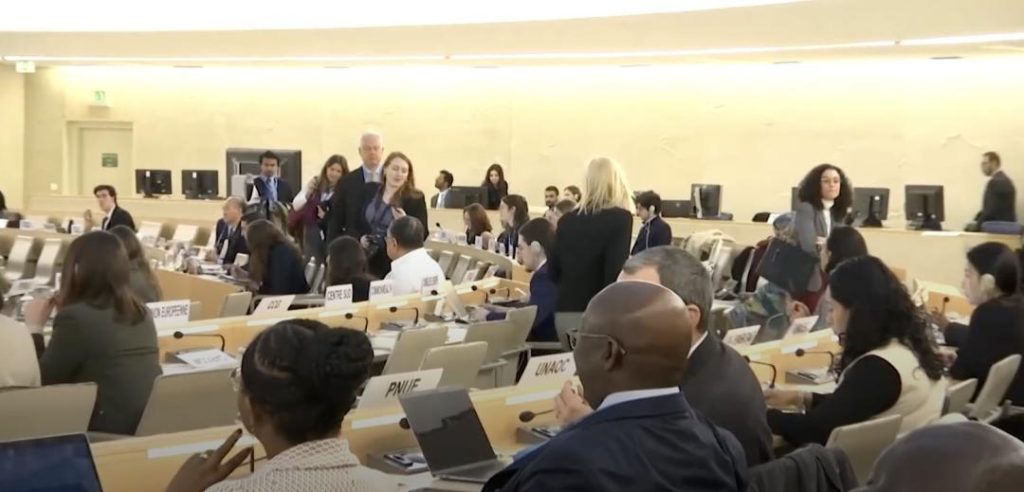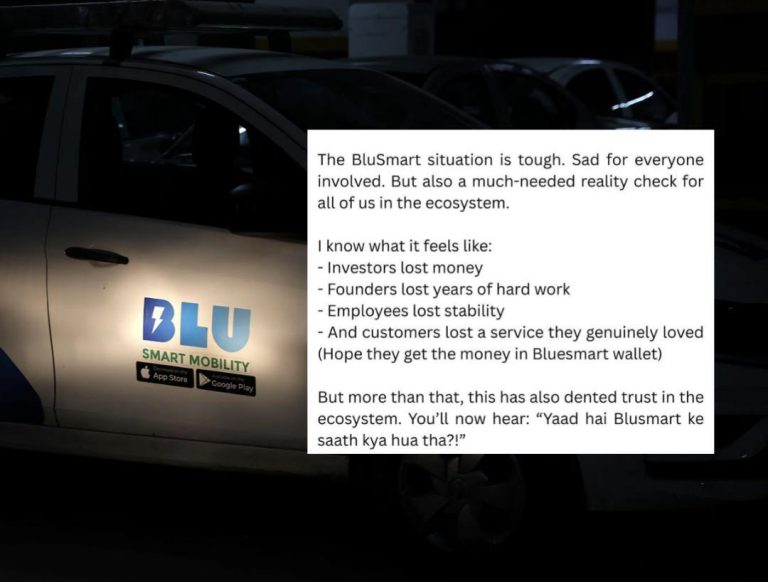
Ambassadors of several nations walk out during Russia’s speech at UN rights council
The United Nations Human Rights Council in Geneva witnessed a rare display of diplomatic protest on Wednesday, as dozens of ambassadors and dignitaries walked out of the chamber during Russia’s speech. The unprecedented move was a show of support for Ukraine, which has been at the receiving end of Russia’s aggression.
Russia’s representative, speaking on behalf of the Russian Federation, accused Ukraine of a “flagrant violation of fundamental human rights”. The statement was met with widespread incredulity and outrage, as Ukraine’s representative countered by criticizing Russia for defying international law.
The walkout was led by the ambassadors of France, Germany, and Britain, who were accompanied by representatives from several other European Union member states. The move sent a strong message of solidarity with Ukraine and condemnation of Russia’s actions.
The UN Human Rights Council is an intergovernmental body responsible for promoting and protecting human rights around the world. Its meetings are often tense and contentious, with countries frequently debating and disagreeing on issues of human rights and international law.
However, Wednesday’s walkout was unprecedented in its scale and symbolism. The ambassadors of the three major European powers, who are also permanent members of the UN Security Council, had never before walked out of a UN meeting.
The decision to boycott Russia’s speech was taken after a request by Ukraine’s ambassador, who urged other delegations to join him in protesting Russia’s actions. The move was seen as a strong rebuke of Russia’s behavior and a show of support for Ukraine’s sovereignty and territorial integrity.
Russia’s actions in Ukraine have been widely condemned by the international community, with many countries calling for an end to the conflict and a return to negotiations. The UN has repeatedly called for a peaceful resolution to the conflict, and has urged all parties to respect international law and the sovereignty of Ukraine.
Despite this, Russia has continued to violate Ukraine’s borders and human rights, with reports of widespread abuses and atrocities committed by Russian forces and their proxies. The international community has been criticized for failing to take adequate action to stop Russia’s aggression, with some arguing that it has emboldened other authoritarian regimes to pursue similar policies.
The walkout at the UN Human Rights Council was a rare moment of unity among Western powers, which have been divided on a range of issues in recent years. The move was seen as a symbol of the strength of the transatlantic alliance and a show of support for Ukraine’s struggle for independence and self-determination.
In a statement released after the walkout, the Ukrainian ambassador thanked the ambassadors who had joined him in protesting Russia’s speech. He urged the international community to continue to pressure Russia to respect Ukraine’s sovereignty and territorial integrity, and to support Ukraine’s efforts to rebuild and recover from the conflict.
The Russian ambassador, meanwhile, accused Ukraine of being a “fascist” state and claimed that its government was responsible for human rights abuses. He also accused the Western powers of hypocrisy, claiming that they were only interested in protecting their own interests and not in promoting human rights.
The walkout at the UN Human Rights Council is a significant development in the ongoing conflict between Russia and Ukraine. It sends a strong message of condemnation of Russia’s actions and support for Ukraine’s sovereignty and territorial integrity. It also highlights the divisions between Western powers and Russia, which have been increasingly strained in recent years.
As the conflict between Russia and Ukraine continues to escalate, the international community must continue to pressure Russia to respect Ukraine’s sovereignty and territorial integrity. The walkout at the UN Human Rights Council is a sign of hope that even in the darkest of times, there are still voices of conscience and principle that can stand up against oppression and tyranny.





